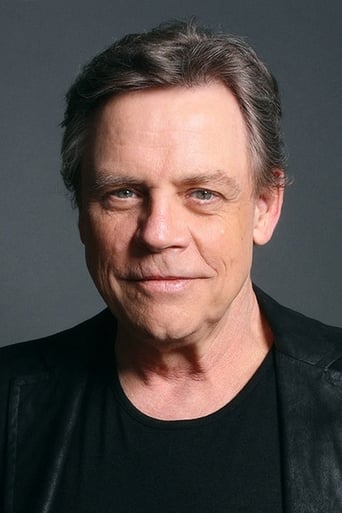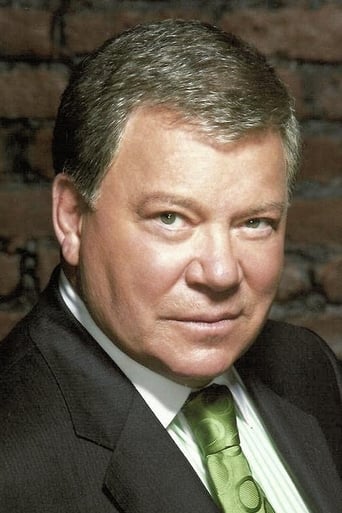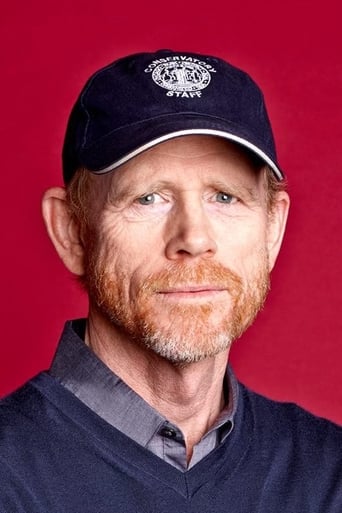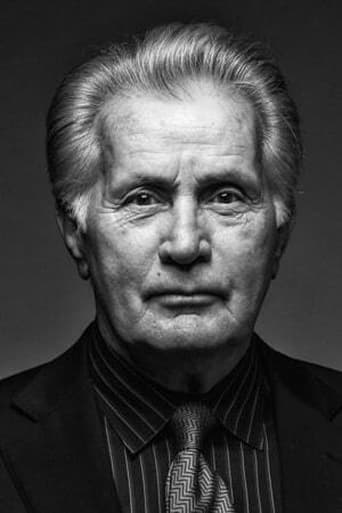Joseph Harder
This is another one of the shows that has been almost totally forgotten. I saw episodes of Insight about a dozen times over the years, and almost every episode I saw remains fresh in the memory.The Paulist Fathers, who are also responsible for that superb series of great spiritual writings by and for people of all faiths, Classics of Western Spirtuality, produced the show, and got an astonishing array of Hollywood and Broadway talent to write, direct, and star in the different episodes. Despite its Catholic provenance, this show was far , far from propaganda, and actually reflected the best in post- Vatican 2 U.S. Catholicism. One hopes the Paulists still have some episodes on DVD
cinemabitch
Being obsessed with watching television, on Sunday mornings, I would sometimes watch INSIGHT and remember that it featured very good acting and some interesting story lines. Like others, I wish it was available on DVD or online.Three episodes stuck with me but I do not recall the titles or most of the actors.One involved some Americans being held in a third world country (or was it America in a bleak future?) and Martin Sheen played a clown. At the end, Martin Sheen was executed by firing squad (I guess he had practice as Pvt. Slovick). He refused a blindfold playfully saying, "I'm afraid of the dark!" To which the firing squad commander snorted to him, "Better get used to it!" Sheen escaped his bindings, saying that as a magic trick, the bullets would pass through him without hurting him (shades of EL TOPO). They shot. He died.Another featured a time when suicide was allowed and services were provided for someone to complete the task. The man committing suicide was taking a series of several poisons and with each one, I think he reflected on his life. He poured the final chemical on the floor (it looked like corn syrup).The final one I remember was about a couple who were going to clone their child. They were meeting with the genius from whom they were going to take the samples for the clone. But the genius professor brought in his identical twin brother who was retarded. I think the couple decided to try it "the old fashioned way." I think I can still remember the theme music to the series. I wish I could see some episodes to see how it stands up to 30+ years of memory.
robscoe49
In the two half-hour dramas from the "Insight" series (Paulist Productions), the talent of a long-departed actor was showcased, particularly, in his starring episode."The Man In The Cast Iron Suit" (1976) deals with the erosive effects of ruthless striving on a successful businessman named Walter, and his epiphany, thanks to his father-in-law, Marvin Donnelley (John McLiam), a former success who divested himself of worldly goods to seek spiritual considerations. The businessman's older son, Steve (Michael Anderson, Jr.) is like his father, but his métier is sports - the dangerous ones feed his macho persona.His girlfriend, Janet (Jamie Smith Jackson) fears his headlong bravado, especially because she is suffering from a heart condition requiring surgery.The mother, Claire (Susan Brown), and youngest son, Billy (Bryan Scott) are both sensitive individuals, and Claire's father, Donnelley, finds the most receptive audience there.Trouble brews when an acerbic young businessman, Keith Forman (Barry Brown) comes to the family's home to entreat Walter for a three-month loan extension on his electronics concern; otherwise, Walter will take over the business. When Walter refuses, the desperate young businessman storms out.Behind the scenes, Donnelley speaks to the note's holder (an old business friend, Lionel Ordway), and asks him to extend it, causing Walter's plans to fail, infuriating him. When Billy's pet turtle, Finnegan, is killed by a car, his older brother Steve ridicules him for grieving. When Steve's girlfriend Janet enters the hospital for surgery, the erstwhile tough Steve cannot reconcile his feelings of possibly losing her; his grandfather adjures him to examine his true sentiments.Walter wants Donnelley to enter a retirement home. Donnelley relates how he, too, used to be like his son-in-law, losing so much of value by immuring himself, psychologically, within a "Cast Iron Suit."Upon leaving, Donnelley gives Walter a sets of keys to remind him of how man may become slave to locks and other restrictions that preclude seeking a meaningful life.In the second production, "The Pendulum" (1975) Barry Brown stars - and shines - as Brother Francis Jefferies, an idealistic young monk who wants to change the cutthroat world of advertising to conform with a Zenlike world view of existence. The results are comic, maddening, and touching.The scene opens with Brother Francis seated on his bed in his cell at the abbey in a lotus position. The head abbot (Ford Rainey) enters, telling Francis of a telephone conversation with Francis's mother; she wants Francis to return to the family's advertising agency after his father's death. Francis is resistant, but the abbot urges him to take a year's sabbatical.At the agency the reluctant Francis, with his mother Alice Jeffries (Edith Atwater) encounter a top executive, Gus Mangel (John Colicos) who is less than enchanted to have Francis back, owing to Francis's conflicts with his late father over company policy.A young copywriter, Chris Timmons (Bill Vint) enters Francis's office (where he is again meditating, in the lotus position), and instead of discussing the advertising campaign, Francis digresses about haiku poetry (a fondness for both), then suggests the ad should emphasize positive attributes instead of appealing, negatively, to fear.Gus Mangel storms into Francis's office, breathing fire over the possibly disastrous changes - until Francis hands him the phone. The executive of the other company is raving about the fresh, new approach to his product.However, Francis's luck with the next account doesn't hold. A photo shoot for a car ad (using a sexy model to sell the car)causes Francis to convince the model she is being exploited. Gus nearly "loses it" when he enters Francis's office, and finds Francis and the model, Lorelei Ames (Katherine Justice) sitting together on the floor, lotus style, meditating.Francis rewrites the ad campaign, using a mechanic to sell the car, and the campaign flops miserably; sex sells, not mechanics.The big blowup occurs when Francis becomes confrontational with Winkler (Logan Ramsey), the representative of a lucrative account, Crawford Laboratories.Their product, "Never Gain." is a diet pill which inhibits the production of digestive enzymes. Francis fulminates over the "immorality" of producing a diet pill, when 1/3 of the world goes hungry. Francis naively suggests that the company create a pill that improves nutrition for the world's hungry, Winkler huffs out in disgust and Mangel - beside himself - declares the misguided Francis to be "certifiable"...At length, Francis's mother (and Mangel) pronounce the experience a brave (but futile) effort. When Francis tentatively suggests that their firm should have a "token mystic" as a consultant - Mrs. Jeffries fires Francis from the family company.Francis returns to the monastery, expressing regret to his father confessor that he failed to change the world for the good, but the abbot lauds him for his efforts.The heartwarming story ends when the abbot hugs the young man, telling him that he can utilize his advertising talents promoting "Brother Theo's Whole Grain Bread."Barry Brown's sensitive performance in this short drama was unarguably one of his best.He was so convincing as the good-hearted(yet woefully inept) young monk who (miscast in the high-powered world of business) trustingly tried to change that cynical environment to his vision of Paradise. The tears that filled Brown's large, soulful dark-brown eyes at the end of the drama were genuine. He was a superb actor whose desideratum was acting; he invested every performance with his soul.Tragically, the twin hells of depression and alcoholism racked the already tormented life of this handsome, highly intelligent young man, and what could have been a brilliant career was cut short by Barry Brown's tragic suicide in 1978 at the age of 27.Of the two fine dramas, I enthusiastically recommend watching "The Pendulum" for an appreciation of the artistic giftedness of the late Barry Brown, and an intuition of the greatness that might have been...





